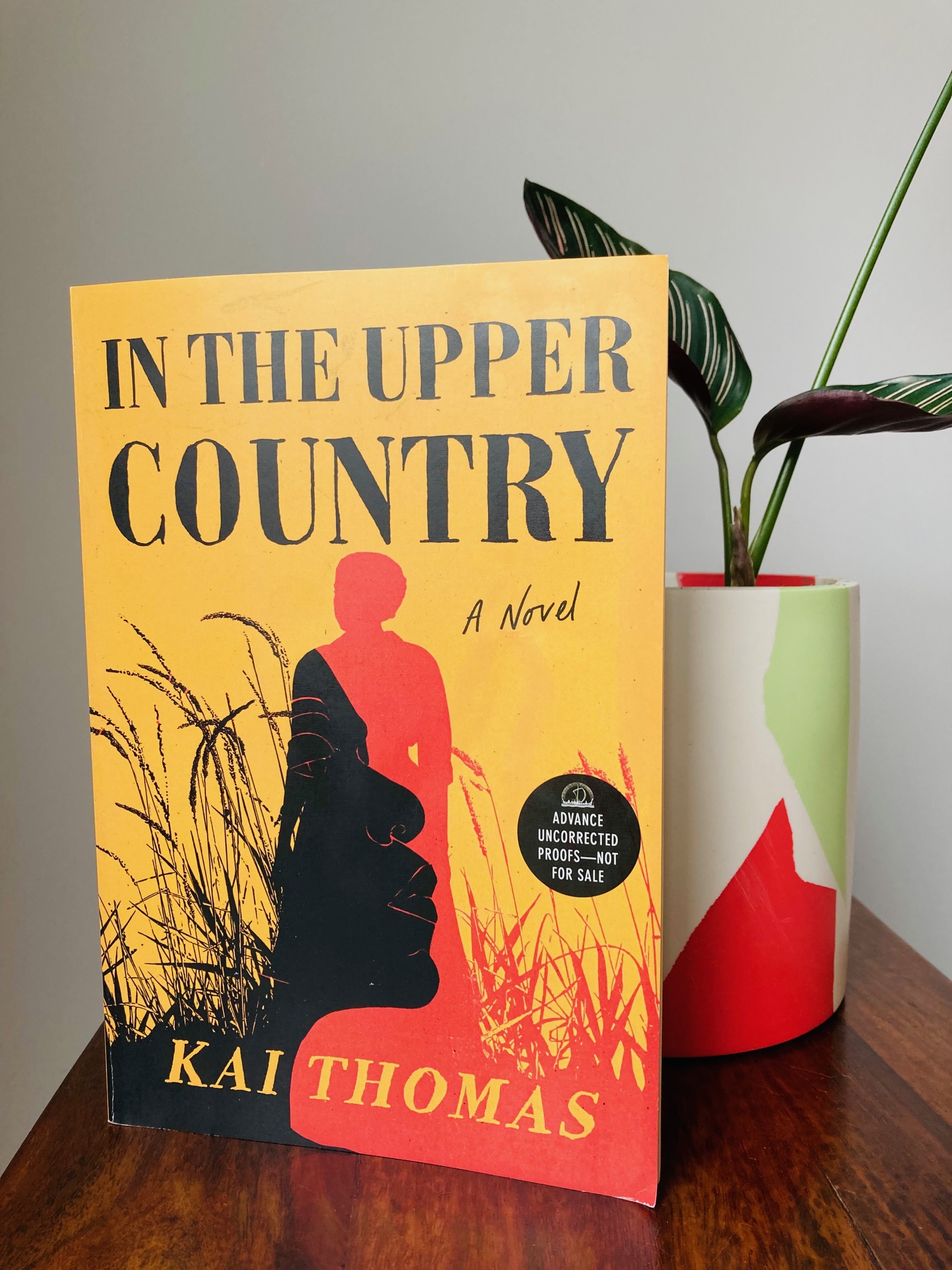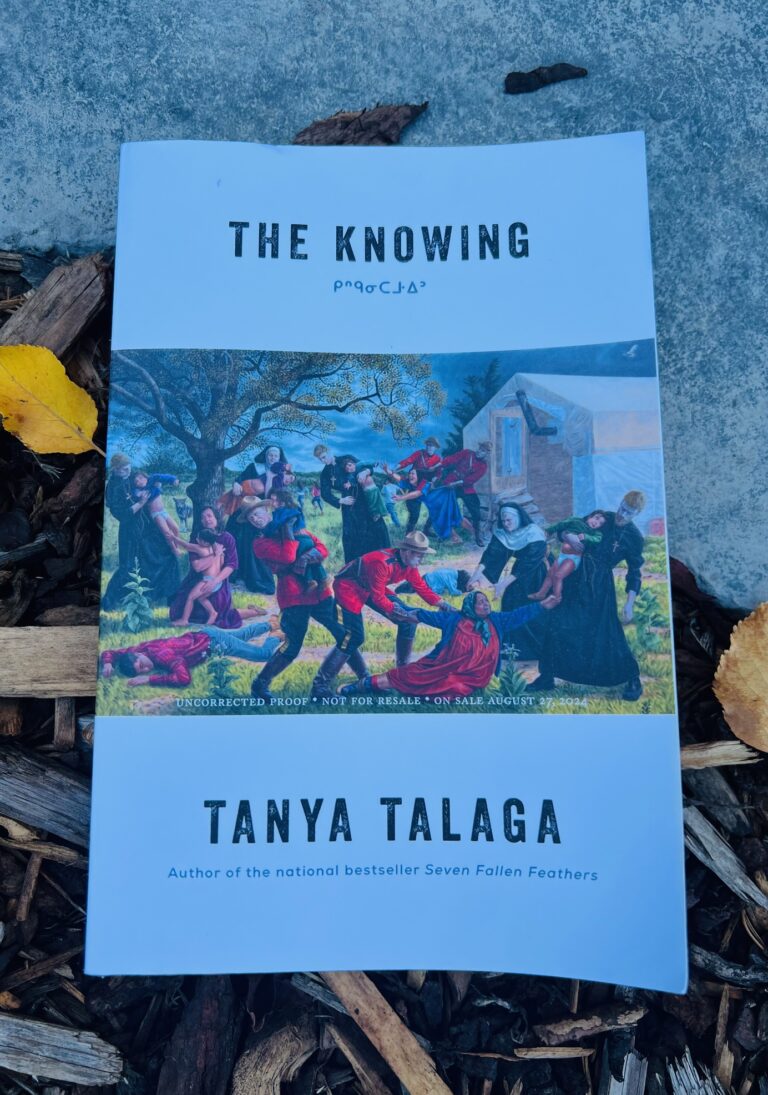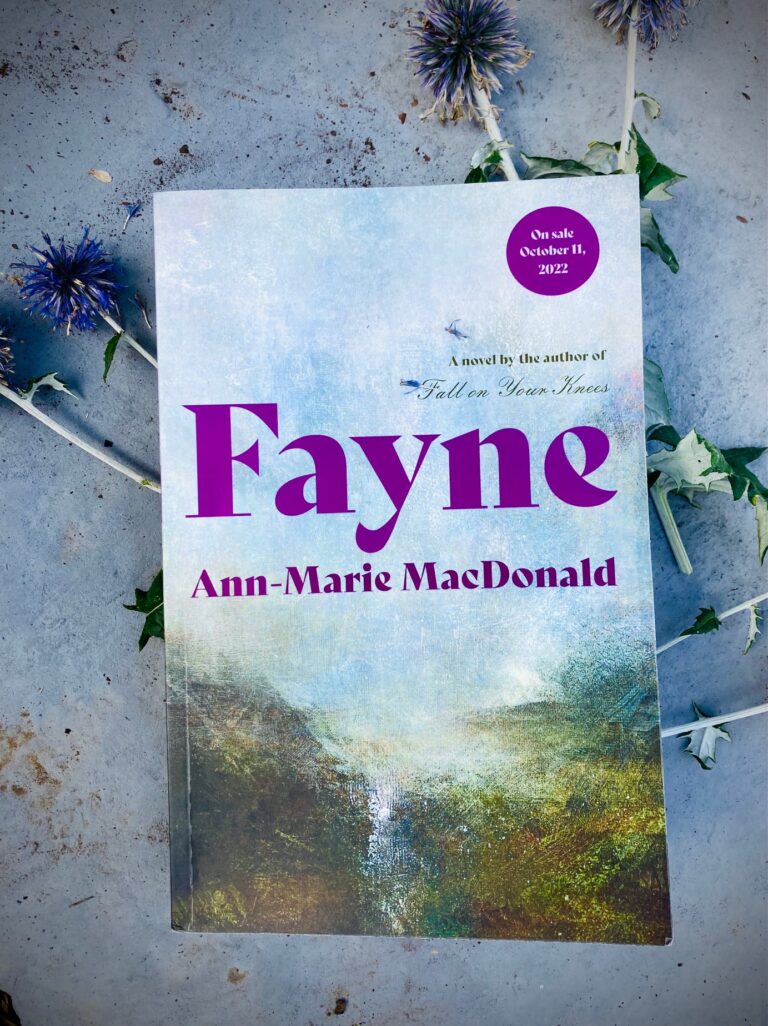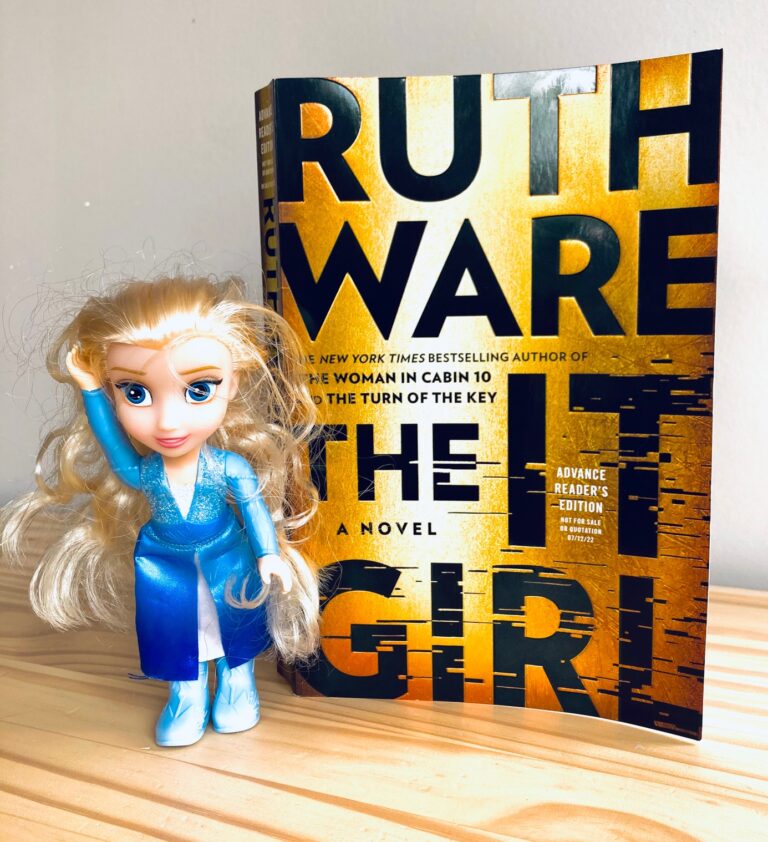Book Review: In the Upper Country by Kai Thomas

Shortlisted for the Governor General’s Award for Fiction, the Amazon Canada First Novel Award and the Atwood Gibson Writers’ Trust Fiction Prize, In the Upper Country by Kai Thomas is sure to be on many Canadian bookshelves these days. I was lucky to have received an ARC back when it was first released at the beginning of January, but it wasn’t until now that I finally got around to reading it. I was originally intrigued by this book because it focused on the relations between Indigenous and Black folks in the 1800s, two groups which we rarely see together in historical fiction. I’m happy to say this was a piece of history that was empathetically portrayed in this book.
Plot Summary
It’s 1859 and Lesinda Martin lives in Dunmore, a fictional Canadian town that is settled by escaped slaves. She’s the local journalist, working for a paper titled The Coloured Canadian along with her mentor and friend Arabella. One night she is called to a neighbor’s house in hopes she will administer some first aid, but when she arrives it quickly becomes clear that the man she has called to help is dead. He was a slave hunter, sent after an old woman by the name of Cash who had fled slavery years back, but Cash fought back and killed the man. She is immediately sent to jail, likely to hang, so Lesinda visits her in hopes of getting her full story before it’s too late. By writing about Cash’s experience and reasoning for the attack, Lesinda hopes to secure her freedom. Much to Lesinda’s annoyance, Cash isn’t willing to talk easily; she demands gifts of food, hard-to-come-by fruits, and stories in exchange for stories. Relying on both stories told to her, and found texts, Lesinda alternates her stories with Cash’s, both women arriving at an understanding and bond that offers hope to not only each other, but those who want to see justice for those fleeing to freedom.
My Thoughts
Most Canadian students are taught the basics of the Underground Railroad in school, and most are now being taught the horrific legacy of residential schools too, but I’m unsure of how much kids are learning about the way these populations worked together. Thomas writes about their allegiances, their romances, and their strategies of war and defense. But each story is individual and detailed, never relying on archetypes or symbols – instead, we learn about this point in history through characters and their relationships. Certain connections are withheld to move the plot forward, but never in a condescending way; the reader learns of these connections along with the characters, so it feels like a natural development. The most surprising thing I read about was the occasional enslavement of Black people by Indigenous people. It doesn’t infer whether this was rare, or common, but again, it’s not something that I ever really thought about, or was taught in school.
Thomas also approaches a fairly unique topic that isn’t as often dealt with in Canadian historical fiction – the intergenerational trauma of slavery, and the unique position a freeborn inhabits in their family’s legacy.
“‘Sick of slave tales, I suppose,’ I said.
She snorted at that, giving no explanation, and I could feel the shame souring my cheek. Freeborn children had no right to be sick of slave tales. We were doomed to them. Beholden.”
-p.131 of In the Upper Country by Kai Thomas, ARC edition
The desire to escape and ignore the trauma of an elder is a reasonable one; looking back is always harder than looking forward. Does being born free ever produce feelings of guilt in children who were born to parents who escaped slavery? It’s not a question I often asked myself, as a white woman, because I have the privilege of not having to face those questions, but I appreciated the author addressing these often-ignored aspects of the aftermath of slavery. Sadly, intergenerational trauma is a common topic when exploring the roots of Indigenous families, but not as common when discussing black families who escaped here to Canada.
It’s obvious to me why this novel has been highlighted by so many book juries this year; the stories included are important, yet beautifully told. My only complaint was that sometimes there were too many stories, and it was hard to relate back to how they were connected with Lucinda or Cash, but it didn’t much matter in the end. The people themselves were the point, and their relevance to the present-day timeline wasn’t as important as hearing their stories, and bearing witness to them.






This is one I thought this year’s Giller jury might have highlighted, but I wasn’t surprised to see it on the Atwood-Gibson Prize. It’s definitely on my TBR (but I did not receive an ARC-lucky you!) and I think it’s important to see some consideration of the complex nature of enslavement, how it was wielded by the powerful in so many different ways, rather than that there are always two groups, one predatory and one victimized, because it’s not always that simple.
So true! I was surprised when I first read about the Indigenous enslaving escaped black people, but it (sadly) ‘makes sense’ in a way, when people are struggling for power, this a natural result
Interesting – I certainly don’t know enough about the Underground Railroad and have never considered the interactions between the two oppressed groups. I can see why it would be in the running for awards.
I’m also reading a novel with a journalist trying to get a woman’s story before she’s tried for murder. I love those kinds of narratives. I’m unsurprised that indigenous people had black slaves as different vulnerable groups will see each other as less. For instance, Gandhi fought for Indian independence, but he also thought that Africans were savages.
Yikes! I didn’t know that about Ghandi
It sounds very good and I’ve seen it publicized in America too so I hope it’s found a good readership.
I really liked this book, and learned a lot from it. I’m so glad to have read it!
I liked how it taught me things too – in an enjoyable and interesting way!
What age reader is this appropriate for?
I think 14 years old and up would be appropriate to read this, although this can be a very personal question that’s dependent on the child. A teenager who reads widely would have no problems with this one.